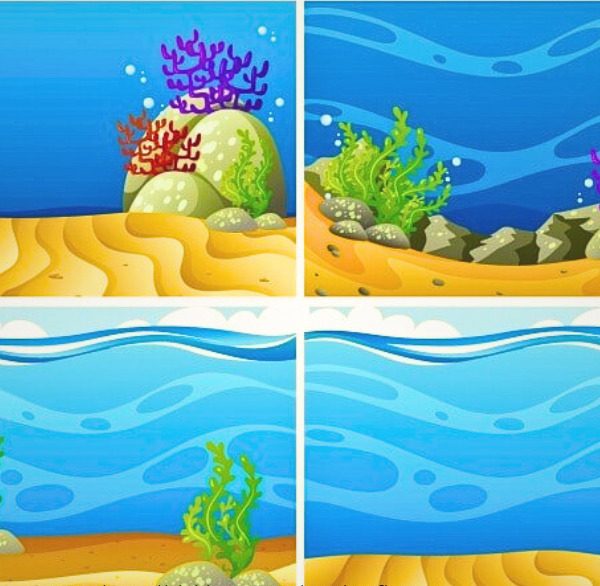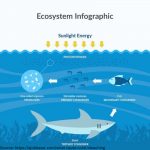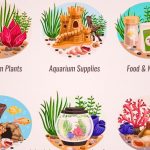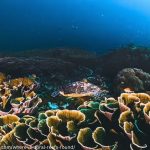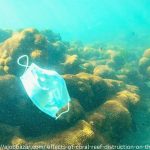Coral reefing is lively underwater ecosystems made up of calcium carbonate shells because of their amazing biodiversity. They are often discussed as “sea rainforests” Coral reefs promote healthy ecosystems. Supplying home for a variety of marine life. They deliver important advantages such as safety for coastal fishing, tourism, and the possibility of helpful finds. Coral reefing safeguards are essential for the well-being of marine life, coastal areas, and the general condition of our oceans.
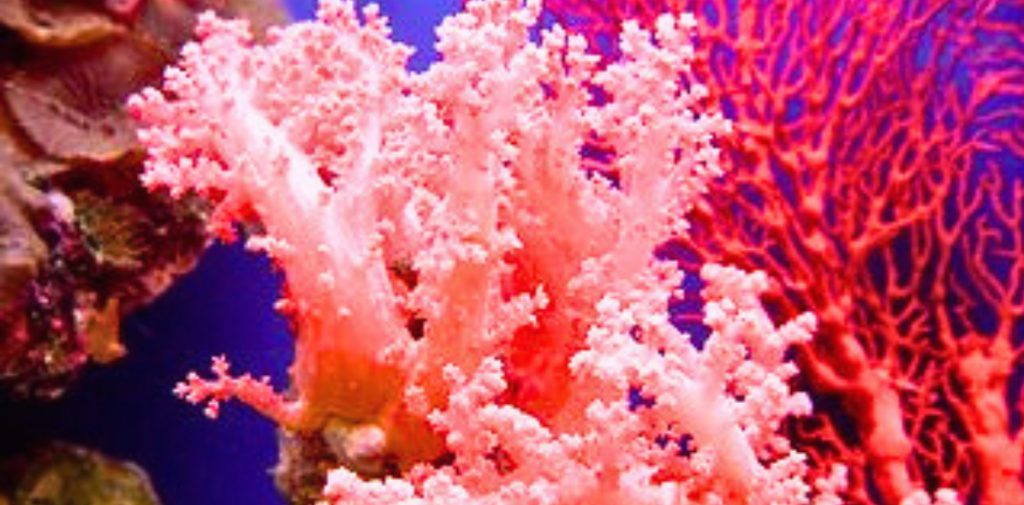
Why is the coral reef important?
Tourism-related coral reefs are extremely important ecological systems that serve both the environment and human populations. Here are some of the most essential reasons why coral reefs are important:
1. Biodiversity:
Coral reefs make up the most biodiversity ecosystems on the planet, hosting a diverse range of marine animals. They serve as ecosystems, places to mate, and food for many different types of aquatic creatures and other marine animals.
2. Fisheries and Food Security:
Coral reefing is essential for fisheries and plays an important role in the livelihoods and food security of millions of people across the world.
3. Seaside Protection:
Coral reefing is a natural walls protecting coastlines from storms, waves, and erosion. Reefing intricate structures absorbs and dissipates wave energy, lessening the impact of waves on shorelines.
4. Tourism and Recreation:
Coral reefing are highly popular vacation and recreational destination for snorkeling, diving, and boating activities.
5. Medicinal discoveries:
Coral reefs have the potential to be a source of novel medicines and treatments. Many aquatic creatures in coral ecosystems create chemical compounds.
6. Carbon Storage and Climate Regulation
Coral reefs play an important role in storing carbon and climate regulation. Corals and other reef creatures connect CO2 from the air to their calcium carbonate bones, helping to offset the impacts of climate change by reducing levels of greenhouse gases in the environment.
7. Cultural and Spiritual Value:
Coral reefing has great cultural and religious importance for many coastal towns and native peoples. They are frequently connected with cultural practices.
The care and safeguarding of coral reefing are critical for marine biodiversity conservation, sustainable fisheries, coastal resilient nature, and the well-being of coastal populations. To reduce the dangers to coral reefs, such as climate change, coordinated measures are necessary.
Material of coral reefing
Coral reefs, as the name shows are created up of bones of coral from generally complete coral groups. According to Wikipedia, coral reefing is created when many different chemicals found in corals absorb calcium carbonate deposits. But pay sections and pieces of coralline algae like the green-segmented species Halimede can help the reef endure storm damage and other hazards. These mixes may be seen in buildings like Eniwetok Atoll.
Conclusion:
Coral reefing can be discovered near the center of the globe in tropical waters. This is due to the warm water and enough sunshine. Which offers the ideal environment for the plants. That dwells on the coral to develop. Corals, as a result, are highly sensitive.
- What causes coral bleaching? Facts, reasons, impacts & solutions
- Coral Reefing Ecosystem: Definition, Causes, Importance & Impact
- Why is the Coral Reef Important? Ocean, Climate & Biodiversity
- Threats of the Coral Reef: Types, Reason, Challenges & Protection
- The Value of Corals: Beauty, Benefits, Economic Values & Threats
- Where is Coral Reefs Found? Location, 3 Main Areas & Importance
- Lady Elliot Island: History, Animal, eco-resort & coral reef paradise
- What Is an Ecosystem? Ecology | Definition, Types & Examples
- Great Barrier Reef | Location, History, Animal, Threads & Facts
- Effects of Coral Reef Destruction on the Environment [Update 2025]

Sumaya, a seasoned writer of five years, is passionate about the ocean, jewelry, and travel. Her articles delve into marine life and the significance of gemstones, particularly diamonds, in bringing prosperity and happiness when worn according to birth-based rules. With a keen interest in sea creatures and a love for coastal destinations, she shares diverse facts and insights with her audience, enriching their understanding of these subjects.

